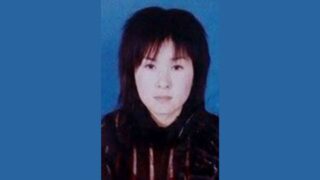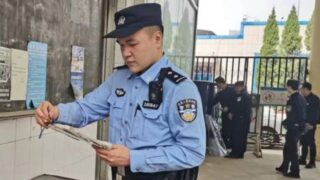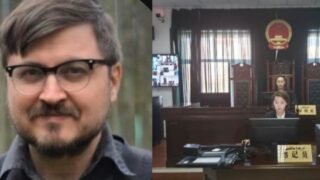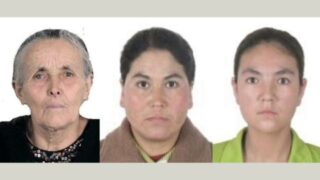Border villages in Guangxi are under surveillance and targeted by propaganda against “cults” and Christian groups.
by Liang Changpu
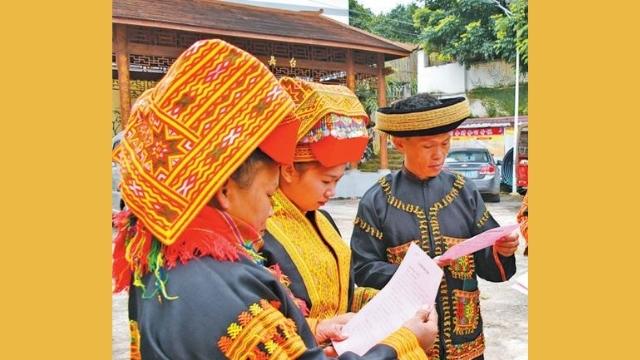

Since the last month of October, villagers at Tongmian township, Aidian town, Nanan township, and Zhilang township in Ningming county, Guangxi autonomous region, at the border between China and Vietnam, noticed an increased surveillance of their villages by the Border Police.
“Legal Education” officers have also appeared in the villages, distributing propaganda material and warning villagers against “infiltration” of xie jiao (a word translated as “evil cults” but in fact meaning “heterodox teachings” and indicating a variety of groups banned by the government) and “illegal religion” from Vietnam.
Many of the villagers belong to the Mien ethnic group, which is recognized by Chinese authorities under the name “Yao,” which the Mien do not like since it means “savages.” The Mien have their own ancestral religion, called by Chinese scholars “Yao Taoism,” another controversial term and one Mien believe is used to “Sinicize” their culture, and have become a tourist attraction. Many of them have recently converted to Christianity.


Vietnam has a policy about religion that cannot be compared to religious liberty in democratic countries, yet is more liberal than China’s. Christian groups move more freely, indigenous new religious movements, although occasionally repressed or controlled by the government that tries to select their leaders, are flourishing, and even Falun Gong, while theoretically illegal, is still active.
Villagers in Ningming country are afraid that, under the pretext of fighting the xie jiao, the current campaign will increase the surveillance of all religious activities. Traditional Mien religion is presented to tourists as part of local folklore. On the other hand, chicken bones divination and other ancient practices are frequently criticized and ridiculed by Party cadres and police officers, much to the annoyance of the villagers.


